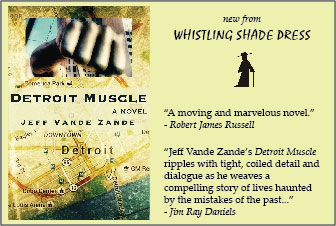
| <- Back to main page |

|

Reading Sinclair Lewis’ Main Street recently (see “A Stroll Down Main Street”) I was struck by the frentic pace of progress a century ago. Electricity, automobiles, airplanes, light bulbs, movie cameras, refrigerators, radio—these were all new technology around the year 1917. Most of us look upon our own era as one of rapidly accelerating progress, with a dynamic lifestyle that is precariously subject to change. But a glance at the chart on the right shows us to be more or less gliding in the smooth lagoon of the early 21st century. Granted, the Internet was a major breakthrough on the same level as the printing press and the steam engine that ushered in the Industrial Revolution. But the Internet is now over twenty years old, smart phones only slightly younger, and even the birth of social media is already a decade in the past. Up-and-coming technologies like nanorobotics and self-driving vehicles have not yet begun to impact our lives in a significant way. And where are the flying cars? Dammit, we were promised flying cars!
In the past, breakthroughs in technology were mirrored by artistic innovation. In Main Street Lewis attempted to depict small town life as it was being lived at the moment—it was refreshingly honest, modern, realistic. The novels of the early 21st century, by contrast, seem to be looking backwards. Best-sellers like Pride and Prejudice and Zombies, Wolf Hall and The Historian are updated riffs on memorable books and figures from the past. Most popular music styles (house, rap, hip-hop) sounded much the same in the 1980s. No exciting new genres of film or television have emerged recently (reality TV, if you recall, was around in the 1990s—and unfortunately it’s survived). Ditto for painting, theater, stand-up comedy. And poetry, usually the most mercurial of all the art forms, has remained virtually unchanged in the last forty years. If I were to read a free verse poem written in first person containing a subtly-narrated personal epiphany, I wouldn’t be able to tell you if it was written yesterday or 1983.
This isn’t necessarily a criticism of contemporary art. Progressivism was a defining element in the 20th century, but that isn’t true for all eras. The Medieval outlook, for example, stressed conformity to past masters, and any innovation was suspect. A distrust of technology brought about by its unforeseen consequences (climate change, tainted water, children glued to the computer screen) might usher in a more traditional age in the 21st Century, or even a retrograde movement that embraces the simpler lifestyles of the past (raising free range chickens, for example, or bicycling). I think great books are still being written (see “Best Books of the 21st Century (so far)” on page 22), but in well-established genres and styles. And I think that breakthroughs in robotics, medicine, and a few other fields have the potential to bring about another age of innovation by 2050.
But for now, although we may be too distracted updating our Facebook status to notice, we are, by and large, living the lives of our parents.
- Joel Van Valin
